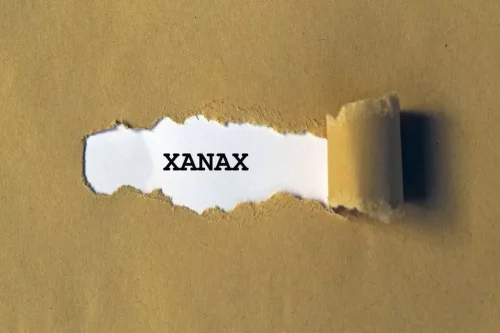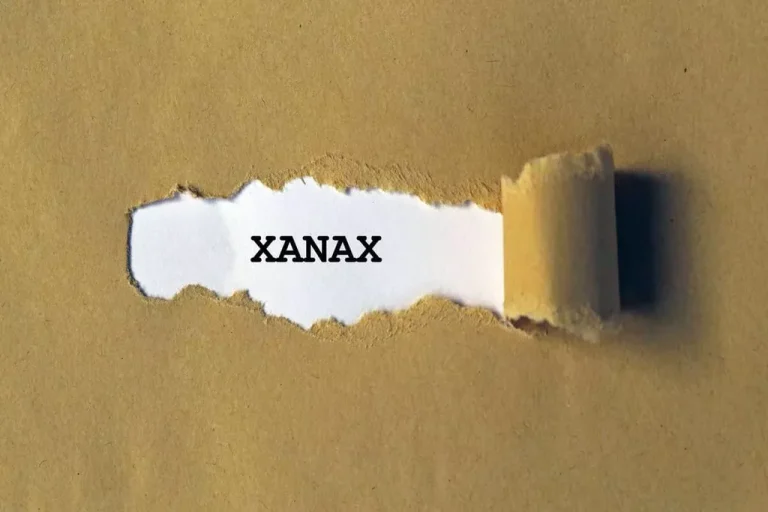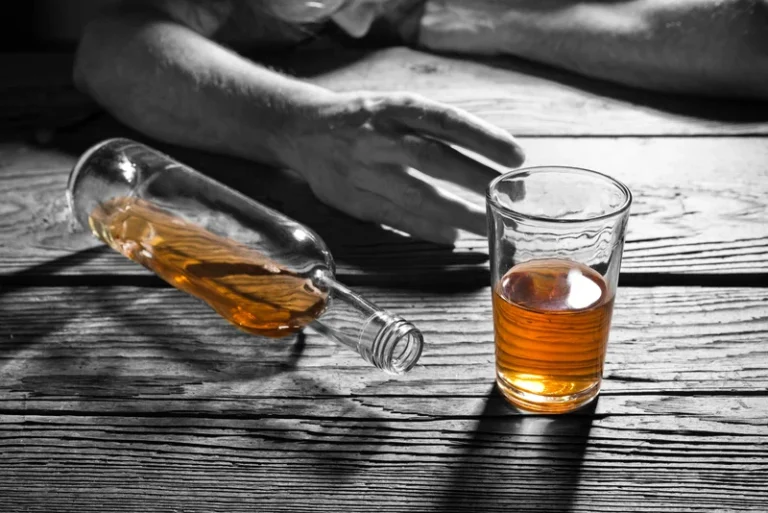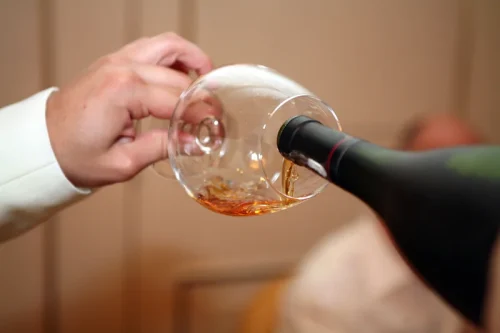NIAAA Scientists Unveil New Definition of Recovery from AUD National Institute on Alcohol Abuse and Alcoholism NIAAA
However, offering alcohol care management to patients in primary care who have AUD does appear to be more effective than referring them to specialty care. When the clinical assessment indicates a need for active treatment, individuals are transferred to a linkage manager, who uses motivational interviewing techniques to help them recognize and acknowledge their resumption of substance use and need for additional treatment. Formal barriers to reentering treatment are discussed and addressed, and scheduling and transportation to treatment are arranged. M. Jellinek led https://www.inkl.com/news/sober-house-rules-a-comprehensive-overview several initiatives aimed at increasing the study and dissemination of science related to “alcoholism,” including early work studying members of AA and patients in treatment.
What to do When Addiction Relapses: Relapse Prevention Plan
Communication breakdown is a critical issue in relationships impacted by addiction. As substance use escalates, honest discussions become infrequent, often replaced by defensiveness. Recovery cannot occur in isolation; it requires a holistic approach that addresses these underlying emotional issues. Couples often find that emotional distress lingers even after substance use ends, underscoring the necessity for comprehensive treatment that includes sessions focused on improving communication and repairing relationships.
The Impact of a Clear Withdrawal Definition
After detox, you may transition to transition to inpatient/residential treatment program. It is important to know there are several different treatment options and levels of care. Choosing the right option for you will depend on a variety of factors, such as your medical history and other conditions to determine the appropriate placement. Some people who achieve long-term sobriety continue to display the same impulsive and dysfunctional behaviors that they did when they were drinking. Because dry drunks have a high risk of relapse, they are not in the termination phase. After completing a program at a treatment center, recovering alcoholics move into the maintenance stage, which generally lasts from six months to several years or longer.
How to Put Yourself First in Recovery
The differences are clear to those who have experienced both phases in their healing process from alcoholism. 2Alcohol-related functional impairment varies among individuals and may involve intimate, family, and social relations; financial status; vocational functioning; legal affairs; and residence/living arrangements. Discover essential tips for staying present in your recovery journey and embrace each moment with mindfulness. Explore the pros and cons of drug legalization – from economic impact to societal changes.
METHODS USED IN THE REVIEW
Discover three celebrities able to conquer addiction and their inspiring journeys to sobriety and recovery. Discover the difference between MAT and OTP in addiction treatment and find the best path for recovery. Explore “I loved getting high – why did I change?” Discover the journey to recovery and embracing a new life. Setting and respecting boundaries is equally crucial for recovery and trust rebuilding. Boundaries create safety and predictability in relationships that may have previously felt chaotic due to addiction. They allow both the recovering individual and their loved ones to heal at their own pace.
Q. Alcoholism Steve 26 yr old suffered with bi-polar and the related drugs that eventually lead to his over dose. He died in where he felt a connection to the intellectual environment. After suffering with Steve for so many years, I am convinced that this disease is genetic; his grandmother also suffered with drug addiction and a mental disorder, but had that gene that must have been inherited by Steve.Any one in the area of mental health and genetic engineering Research?
- Addiction profoundly alters the emotional landscape of relationships, leading to significant trust issues and heightened conflicts.
- The challenge of this stage is to essentially develop and maintain healthy life skills that will serve you for a lifetime.
- PubMed and PsycINFO were used to identify prior reviews of the continuing care research literature as well as articles published after 2014 that were not included in these reviews.
- The transition stage and post-acute withdrawal symptoms can last up to 2 years.
- Similarities across definitions of recovery shown in Table 1 indicate that alcohol recovery is a process that is dynamic and focuses on improvement of health and wellness.
For a female, heavy drinking is defined as more than seven drinks per week or more than three drinks per day. They have also treated their underlying issues (mental health, spiritual, physical) that led to or resulted from their drinking. These alcoholics have found a way to fill the void once satisfied by alcohol through spiritual, emotional and/or behavioral solutions that they have learned through treatment, therapy, medication management and/or mutual-help groups (A.A., SMART Recovery). They have made significant changes that have allowed them to find peace in removing alcohol from their life and to have emotional stability. Addiction casts a long shadow over personal relationships, straining emotional bonds and eroding trust. As the journey toward recovery begins, rebuilding trust becomes an essential goal.
Ready to make a change?
For example, they may say they are drinking a lot because they are stressed because of work. Or they could claim that it’s common to drink to relax and say that it’s no big deal. Our facilities across the U.S. offer a full continuum of care, custom treatment plans, and comprehensive discharge plans to aid in the success of your recovery. While the recovery period may be challenging, it’s also filled with milestones that can transform your life into one that’s better than you could have previously imagined. Combining therapy with support groups can greatly improve your odds of success.
Most people recovering from addiction will cycle through the stages of change three or four times before completing the cycle without a slip. During this stage, the behaviors people learned during the action stage become second nature, and they develop new skills to help avoid relapse, such as adopting healthy coping strategies, avoiding triggers and identifying alcohol-free ways of having fun. At this point, people are committed to change and are preparing to take action within the next several days or weeks. Although they are still drinking, they’ve likely begun telling friends and family members about their plan to change their behavior — but they may still feel some ambivalence about their choice.
Past research in the field of substance use disorders has supported total abstinence as an effective means of reduced relapse risk and sustaining recovery. However, it is important to note, that recovery journeys will look different for everyone. Though abstinence is an important element, relapses do occur but don’t need to signal the end of recovery. Detox from alcohol can be medically assisted for people who may be at risk of severe withdrawal symptoms and for those who need help to complete the process. Medications are provided to ease the symptoms, and physicians monitor people’s vital signs and overall health.
This finding illustrates that, from an economic perspective, it is advantageous to monitor substance use early in treatment and to tailor continuing care on the basis of whether initial abstinence is achieved. Continued substance use early in IOP could flag higher-risk individuals who are more likely to require more extensive and expensive interventions such as TMC plus incentives to achieve good outcomes over longer periods of time. The results of this study suggest that for such individuals, increased societal benefit will more than offset the added costs of the more expensive continuing care intervention. NIAAA developed this definition to provide a framework for advancing recovery research and the treatment of AUD, and with input from key recovery stakeholders such as researchers, clinicians, and recovery specialists. It extends prior definitions by incorporating key empirically supported alcohol-related processes such as remission from DSM-5 AUD and cessation from heavy drinking, which NIAAA defines as consuming more than 4 drinks on any day or more than 14 drinks per week for men, or more than 3 drinks on any day or more than 7 drinks per week for women.
- Q. Alcoholism Steve 26 yr old suffered with bi-polar and the related drugs that eventually lead to his over dose.
- They may decide, for instance, that they’re going to seek treatment sometime in the next six months but won’t set a definite date.
- Most of these interventions have not been developed specifically for continuing care, but could potentially be used in that role.
- This stage of recovery begins the moment you decide to stop drinking.
- Continuing care is widely believed to be an important component of effective treatment for substance use disorder, particularly for those individuals with greater problem severity.
- People often need to address past trauma or familial issues during this time.
Dive into the science and impact of social media addiction, plus effective strategies to regain control. Explore essential steps of recovery from addiction and discover how to rebuild lives with effective support. In summary, effective communication and clear boundaries are fundamental components of the trust restoration process, encouraging accountability and emotional safety. Effective communication is vital for recovery; rebuilding these dialogue pathways is essential.
Several issues are important to point out about this new definition of recovery.
Official sober house websites use .govA .gov website belongs to an official government organization in the United States. Ultimately, receiving treatment, committing to your recovery, and ongoing sobriety can improve your chances of success. Our recovery programs are based on decades of research to deliver treatment that really works. Doing a cost-benefit analysis to weigh the benefits of alcohol use against the cons and costs can sometimes help a person find clarity at this stage. By the time people reach the contemplation stage, they’ve begun to recognize they have a drinking problem and may want to get help, but they’re often on the fence about it. These word clouds are made from the recovery definitions in the table.











